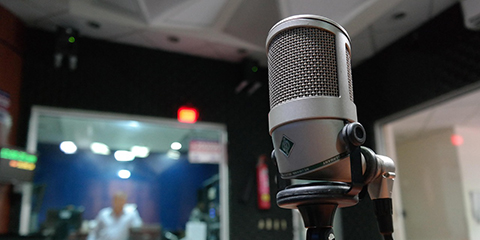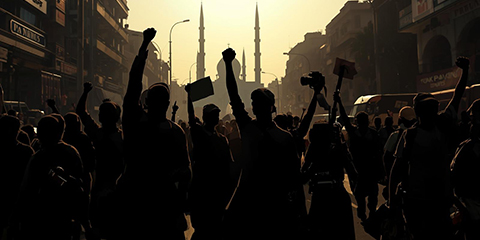Myanmar Army files lawsuit against Reuters
JournalismPakistan.com | Published 5 years ago
Join our WhatsApp channel
Myanmar’s Army filed a defamation lawsuit against Reuters news service for its coverage of the shelling of a Rohingya village in Rakhine State that resulted in the death of two women in January.
The International Federation of Journalists (IFJ) has condemned the army’s action and calls for adjudication by the Myanmar Press Council.
On January 25, Reuters reported on the shelling of Kin Taung village. Two women were killed in the attack, one of whom was pregnant, and seven others were wounded. The incident happened just two days after the Hague-based International Court of Justice ordered Myanmar to protect the Rohingya against further atrocities. The army rejected allegations from various parties about the attack, including a local lawmaker and the Arakan Army (AA) that it was responsible for the shelling. The AA also denies it was behind the attack.
Maung Kyaw Zan, a member of the national parliament for Buthidaung township in northern Rakhine state, told Reuters that shells fired from a nearby battalion hit Kin Taung village in the middle of the night. But at a press conference on February 3, the army claimed the account was biased and referred specifically to the story headline citing the member of parliament’s accusation. It said it had filed a complaint to the Myanmar Press Council (MPC), which adjudicates disputes between authorities and news media.
But on March 10, the acting station head of police in Buthidaung township, Police Lieutenant Kyaw Thu, confirmed Reuters was being sued by the army under section 66D of the Telecommunications Act. He said the army was also suing the local lawmaker.
Reuters reported that it ‘was unable to independently confirm the details of the incident.’ This is in part due to the fact that reporters are banned from the area. In response to the criticism, a Reuters spokesperson said it stood by its reporting and updated the story to fully reflect the position of the Myanmar military.
In terms of its ethical obligations, Reuters has followed accepted practice by updating its story and providing a ‘right of response’ to the military, according to the IFJ. The fact that journalists are not freely able to access areas of Myanmar to report the facts remains a major obstacle for press freedom and the public’s right to know.
The IFJ said: “Disputes between aggrieved parties and the media should be dealt with by the appropriate body, which is the Myanmar Press Council, not just delivered bluntly to the courts. IFJ condemns the ongoing intimidation of Myanmar’s media by using defamation as a tool of censorship and control.”—IFJ media release

























